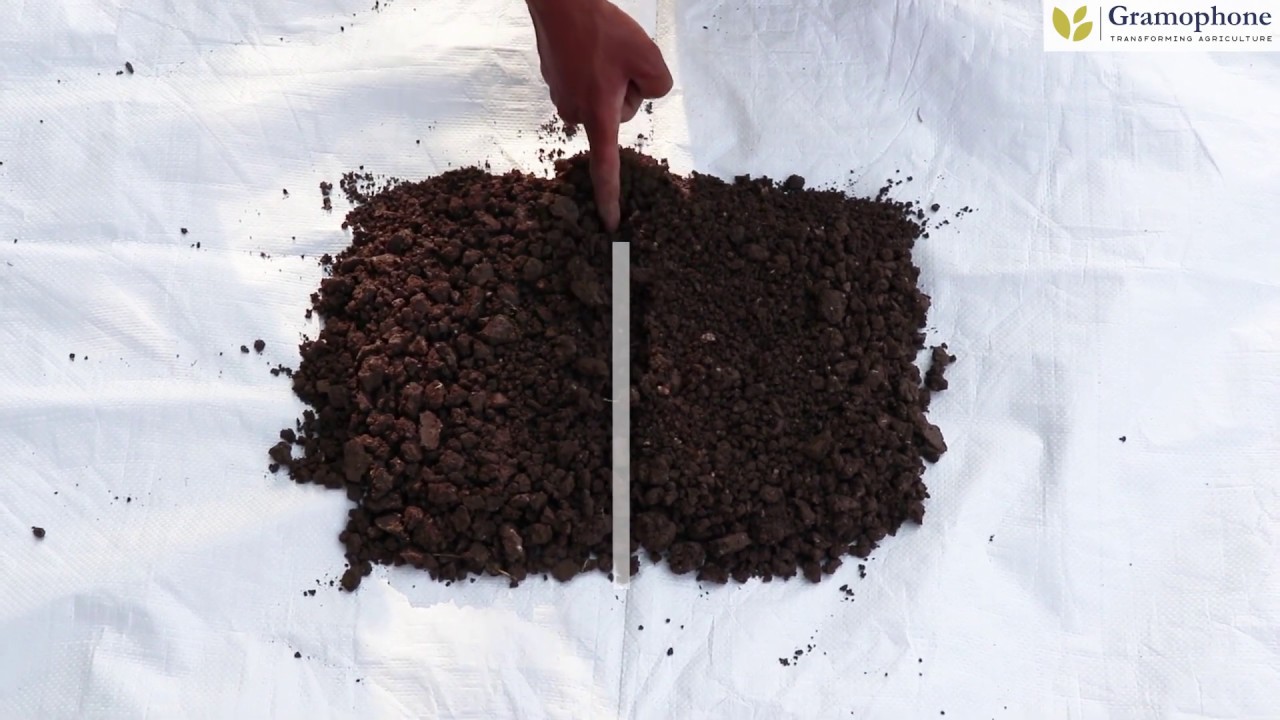pH value of soil
- It shows the reaction of soil, whether the soil is normal, acidic, or alkaline in nature. Decreasing or increasing soil pH affects the growth of plants.
- Suitable varieties of crops are recommended in problematic areas. Which has the ability to tolerate acidification and alkalinity?
- Nutrients are most commonly received by plants between values 6.5 to 7.5. soil pH. When the value is less than 6.5 the land is acidic and if it is more than 7.5 the land is alkaline.
- Recommendation to add lime for acidic land and gypsum for alkaline soil.
Electrical conductivity
- Soil electrical conductivity (EC) is an indirect measurement that has a very deep correlation with the physical and chemical properties of soil. Soil electrical conductivity is an indication of the availability of nutrients in the soil.
- The greater concentration of salts in the soil leaves a detrimental effect on the absorption of nutrients.
- Very low electrical conductivity levels indicate low available nutrients, and very high EC levels indicate nutrient excess. Those with low EC are often found in sandy soils with low organic matter levels, while high EC levels are found in high organic soil content (more clay).
- Soil texture, salinity, and moisture are the soil properties that most affect EC levels.

